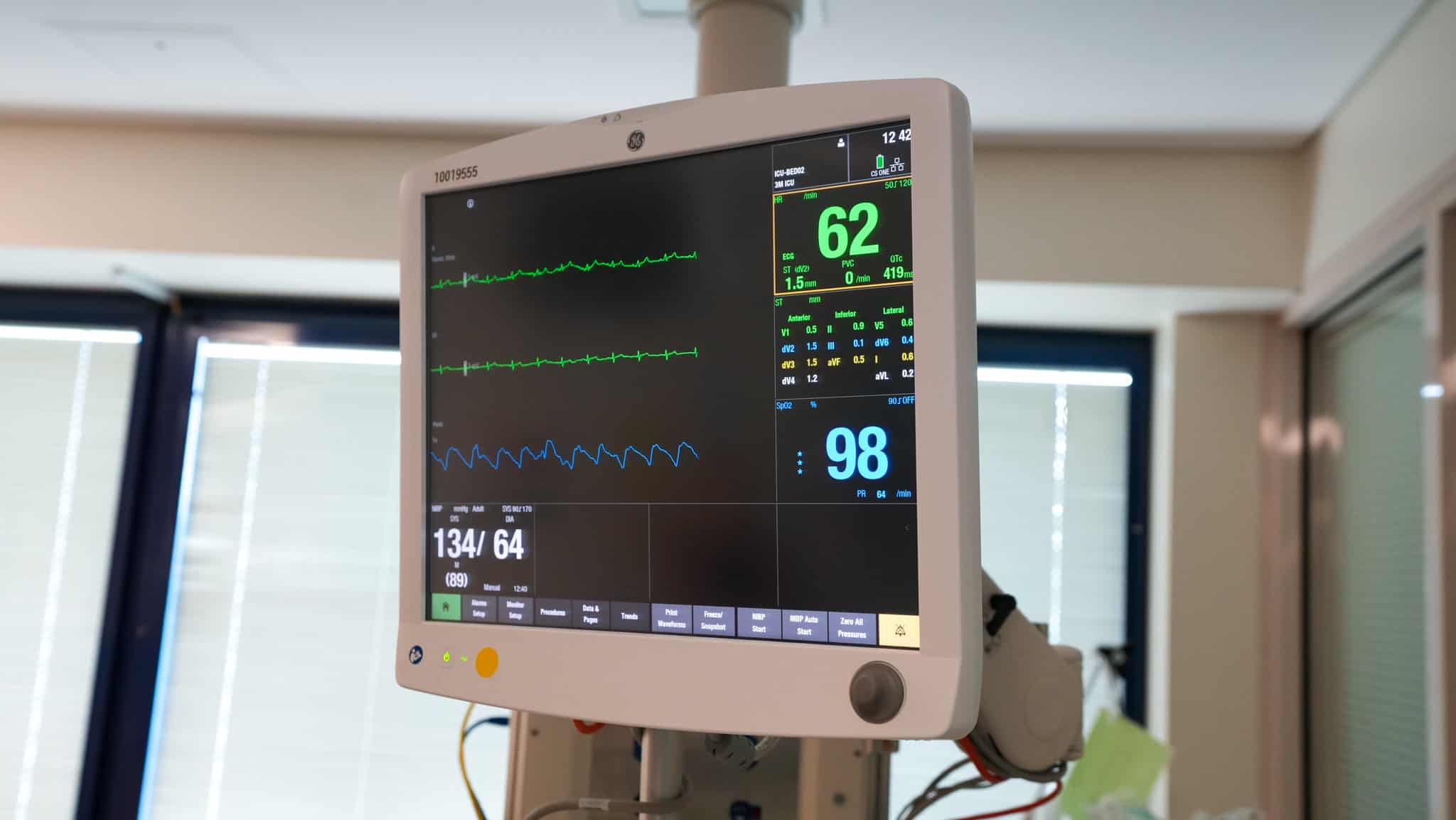Neurology
Neuro-COVID 19
This study is a world first collaboration between the St Andrew’s War Memorial Hospital, The University of Queensland and John Hopkins University to generate a digital pathology assessment of COVID-19 neural tissue using advanced imaging and genomics.
Research Objectives
Status
Recruitment
Estimated completion
Study location
Study type
Lead investigator
- Dr Arutha Kulasinghe
Experienced investigator
- Prof John Fraser
About this research project
New research suggests that there may be long-term neurological consequences in those that survive severe COVID-19 infections, in particular brain damage that may lead to subtle cognitive, behavioural and cognitive problems.
The powerful technology will assess tissue for up to 100 proteins and 18,000 genes to provide an in-depth profile of cells that may be damaged and which neural pathways are activated or deactivated. This study into brain architecture and associated tissue pathologies will be key to gain insights into virally driven presentation of COVID-19 in the brain. It will form a world first dataset of the cellular and molecular changes to the brain in COVID-19 patients.
The data from this study will then be shared through publicly available platforms to enable the field of neuropathology and infectious diseases to interrogate the data. This will aid in understanding the changes to the brain post COVID-19 infection.
Latest News

AI Initiative Targets ‘Beeps and Bongs’ to Revolutionise ICU Care

Pioneering Research to Advance Pandemic Protection for Youth
